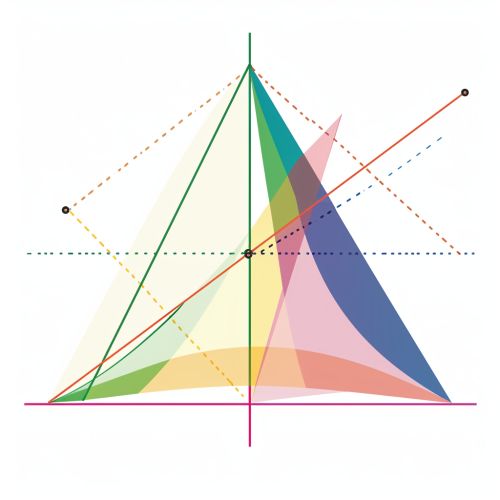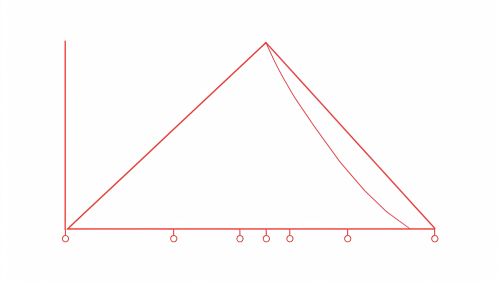Fixed point (mathematics)
Definition and Examples
A fixed point in mathematics is a value that is unchanged by a particular function or mapping. In other words, if a function or mapping is applied to a certain value and the result is the same value, that value is considered a fixed point of the function or mapping. For example, in the function f(x) = x, every real number x is a fixed point because applying the function to any real number yields the same number.


Fixed Point Theorems
Fixed point theorems are fundamental theorems in various branches of mathematics, including topology, analysis, and algebra. These theorems, in general, guarantee the existence of fixed points under certain conditions and are used in various proofs and applications.
Brouwer's Fixed Point Theorem
One of the most well-known fixed point theorems is Brouwer's Fixed Point Theorem, which states that any continuous function from a closed interval to itself has at least one fixed point. This theorem has been extended to higher dimensions and is a cornerstone of algebraic topology.
Banach's Fixed Point Theorem
Another important fixed point theorem is the Banach Fixed Point Theorem, also known as the contraction mapping theorem. This theorem provides conditions under which a function has a unique fixed point and can be used to prove the existence and uniqueness of solutions to certain differential equations.
Lefschetz Fixed Point Theorem
The Lefschetz Fixed Point Theorem is a result in algebraic topology that relates the number of fixed points of a continuous map to the trace of the induced map in homology. This theorem has applications in areas such as dynamical systems and algebraic geometry.
Applications of Fixed Points
Fixed points and fixed point theorems have a wide range of applications in various fields of mathematics and related disciplines.
Differential Equations
Fixed points play a crucial role in the study of differential equations. In particular, the equilibrium solutions of a differential equation, which are the solutions that do not change over time, are fixed points of the associated function. Studying the stability of these fixed points can provide important insights into the behavior of the differential equation's solutions.
Game Theory
In game theory, the concept of a fixed point is used in the analysis of games with strategic interactions. The Nash equilibrium, a fundamental concept in game theory, is a type of fixed point.
Economics
Fixed points are also used in economics, particularly in the study of economic equilibria. For example, in a market equilibrium, the supply and demand functions intersect at a fixed point, representing a price and quantity that remain stable unless disturbed by external factors.
Computer Science
In computer science, fixed points are used in the design and analysis of algorithms, particularly those involving recursion or iteration. A fixed point of a function can represent a stable state of a system or a solution to a problem.
